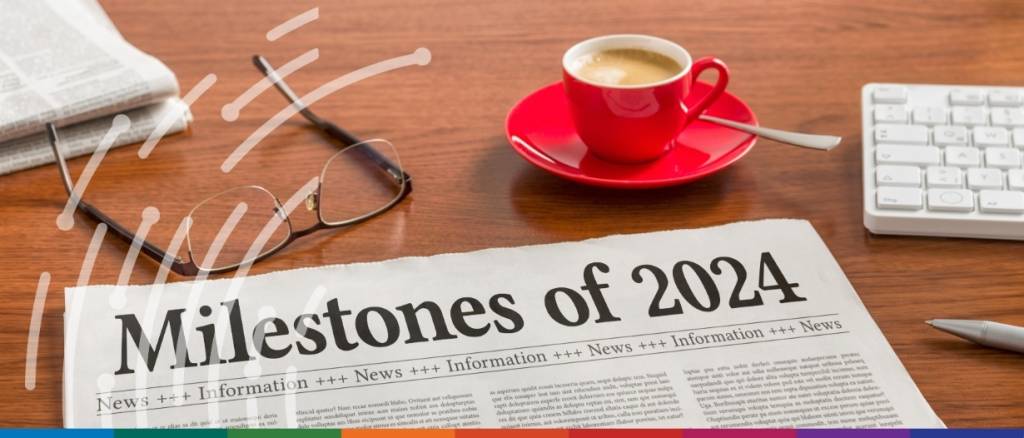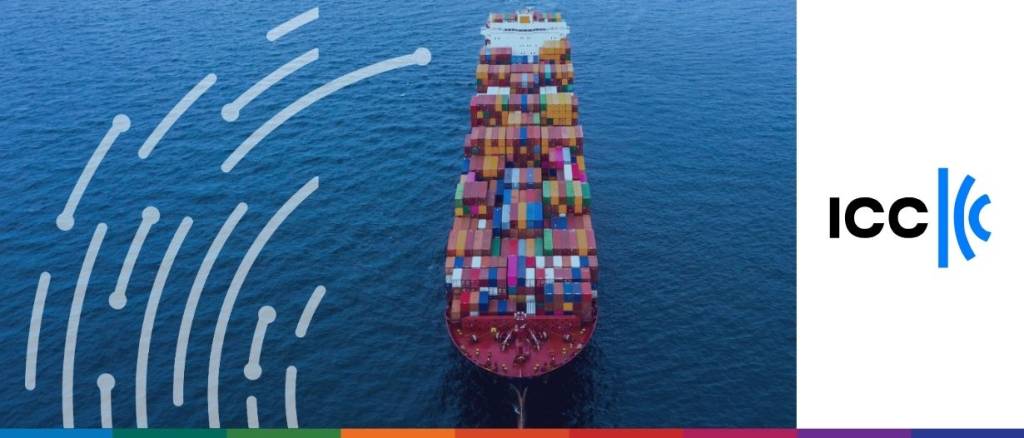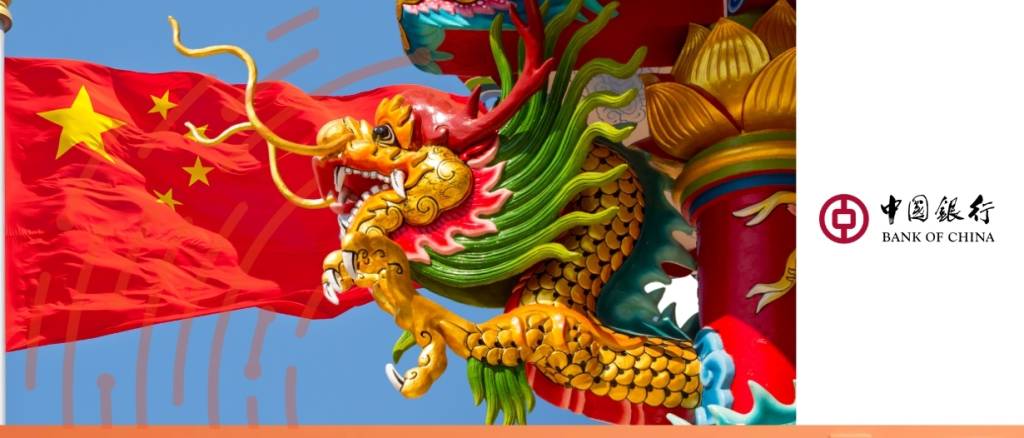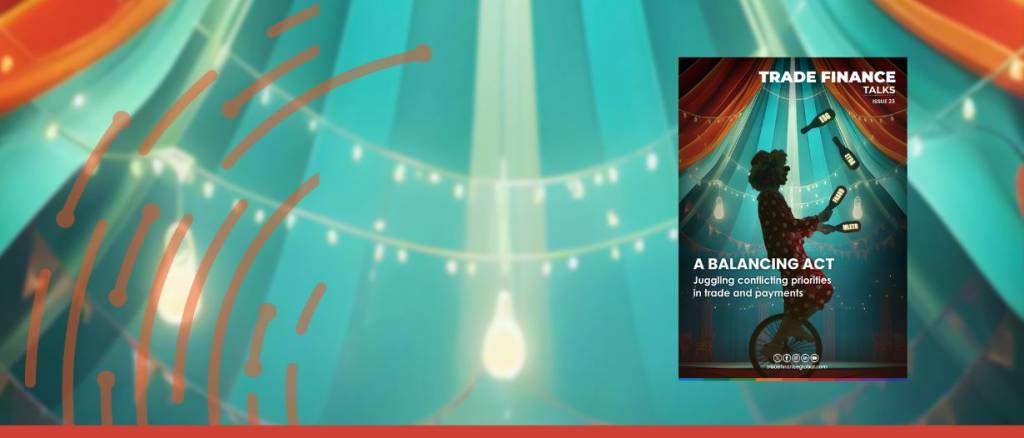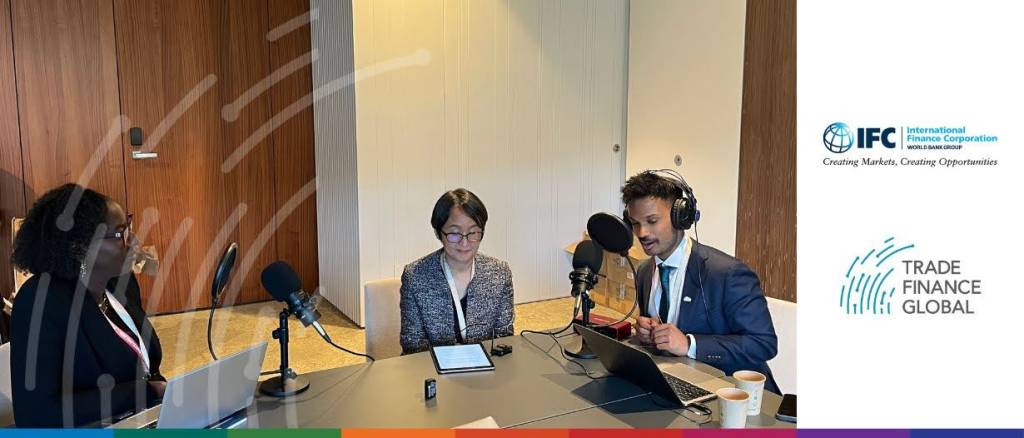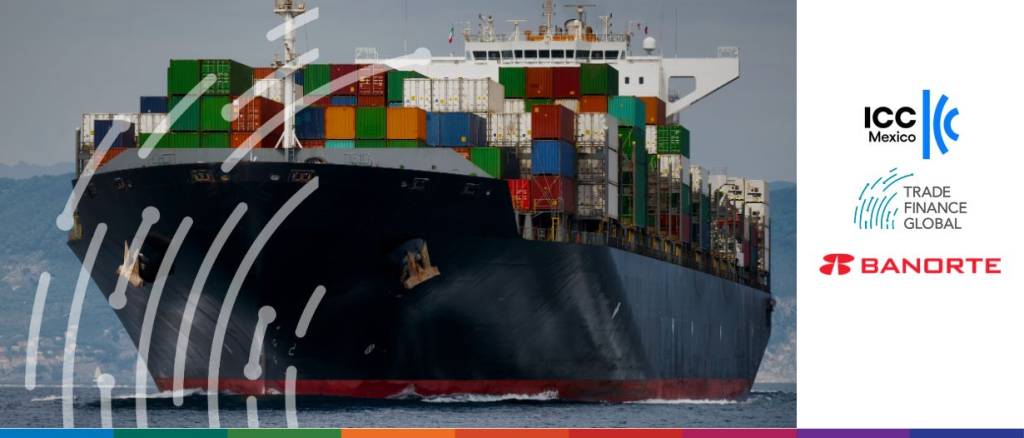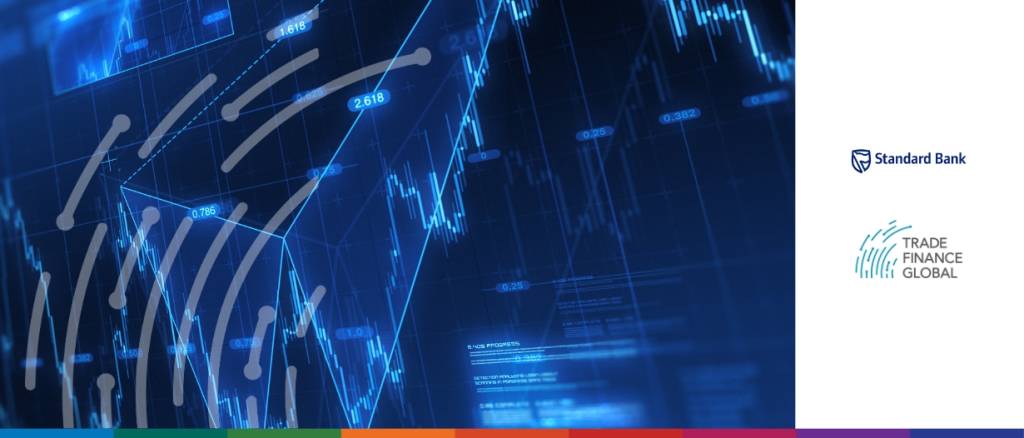TBTs are non-tariff barriers — such as standards, certifications, and conformity assessments — that are less well-known than tariffs but more impactful. In this context, the US tariff strategy should… read more →
In light of Canada’s Prime Minister Trudeau resigning as his party’s leader in early January, and with Mexico’s President Sheinbaum only holding office since October, Donald Trump may be facing an entirely new set of neighbours upon taking office at the end of the Month.
As the year winds to a close we’re revisiting our predictions to see how well they measured up to reality. Let’s dive in!
The annual Trade Register from the International Chamber of Commerce (ICC) in collaboration with Boston Consulting Group (BCG) and Global Credit Data (GCD) has been released, analysing the landscape for… read more →
China’s currency – the renminbi (RMB) – is finding new appeal among emerging market traders and global investors seeking alternative settlement options.
It’s hard to ignore the continued growth and influence coming out of Asia for trade. Asia’s trade growth continues to surge, with the Asian Development Bank (ADB) forecasting 5% growth in 2024, driven by strong domestic demand and recovering exports. Regional integration and modern trade agreements are enhancing resilience in key sectors like food and technology. Asia also benefits from rising demand for tech exports, particularly semiconductors, driven by AI. However, risks such as geopolitical tensions and protectionism remain.
IFC’s whitepaper “Banking on Women Who Trade Across Borders”, speaks to the gender disparity that still exists in the international trade space, particularly in emerging markets.
British enterprises are poised to gain from billions of pounds in new export opportunities, boosting the UK economy, as detailed in the latest strategy from UK Export Finance (UKEF) released today.
In 2022, international trade represented 88% of the Mexican GDP, but the world of international trade is changing.
When it comes to export finance, Africa, and each of the many unique markets within the continent, requires uniquely tailored solutions.

















